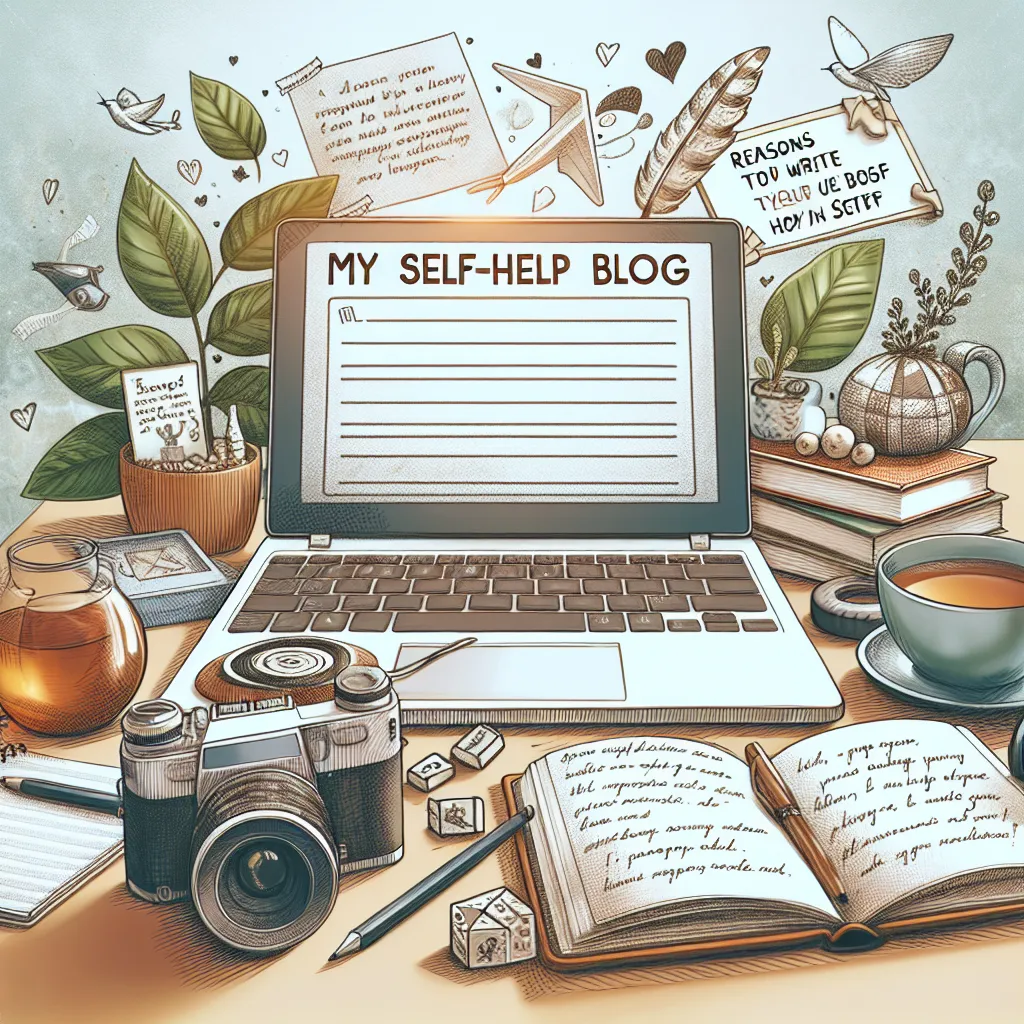
What if you had the power to write your own fate? We can’t predict the future, but we can articulate our goals and dreams for it. We can’t change the past, but we can interpret it through the lens of our own experience. While we can’t control the present, writing about our current thoughts can serve as a form of meditation and mental therapy.
What if the most effective self-help book is the one you write for yourself? I’ve read numerous self-help books and find them momentarily invigorating, yet they rarely inspire lasting behavioral change. If these books truly worked, I’d be wildly successful by now. Instead, I find myself discouraged, always seeking the next self-help book. Journaling, on the other hand, is backed by scientific evidence as a method for self-reflection and personal growth.
On my thirty-first birthday, I pondered what the best gift for myself might be. While an iPad is tempting, material gifts offer only fleeting joy. I opted instead for a physical notebook for my writing. What if you began this experiment by jotting down your thoughts as well?
When starting to write a book, the hardest part is the first sentence. This is something my mentor, Ernest Chen, taught me. Don’t overthink it; just write. Once the first sentence is down, the rest flows much more easily. Often, the writing process is influenced by my mood and can be a bit chaotic. However, it helps me recognize flaws in my thinking, ultimately enhancing my critical thinking skills.
Secondly, writing about a subject is one of the most effective ways to understand it. After identifying problems, I seek solutions through books and articles. I then rephrase these insights in my own words. If I struggle to simplify a concept, it’s a sign that I need to revisit the material. Writing also helps to solidify memories and perspectives.
Thirdly, writing preserves memories that might otherwise fade away. When reflecting on my childhood, I realized how much I had forgotten. The thought that these years could slip away from me is frightening.
Political regimes often try to rewrite history. How can we trust a narrative controlled by the victors, while the losers’ side is lost to time? While I don’t intend to write solely from a “loser’s perspective,” I feel a responsibility to record what has transpired in Hong Kong and its implications.
In summary, it would be remarkable if this writing experiment helped me define my destiny. I’ve always wanted to be a good person, but what does that actually mean? By specifying the behaviors a good person should exhibit, I can hold myself accountable. Similarly, what does happiness mean for me? Different people might define it in various ways.
Do I enjoy my birthday? I’m not certain, but I see no reason to be sad. I’m grateful for the birthday wishes from family, mentors, and friends from around the globe. Material gifts have become less important to me over time, while lasting relationships have gained value. Wealth can’t buy companionship; a fact underscored by the loneliness I felt during the COVID lockdown.
Isn’t true happiness measured not just by what we receive, but also by what we give? How can I make a positive impact on society? How can I remain committed to my goals and overcome life’s challenges? These are the topics I plan to explore in my writing. Even if this experiment fails, writing remains a vital life skill that I should continue to hone.